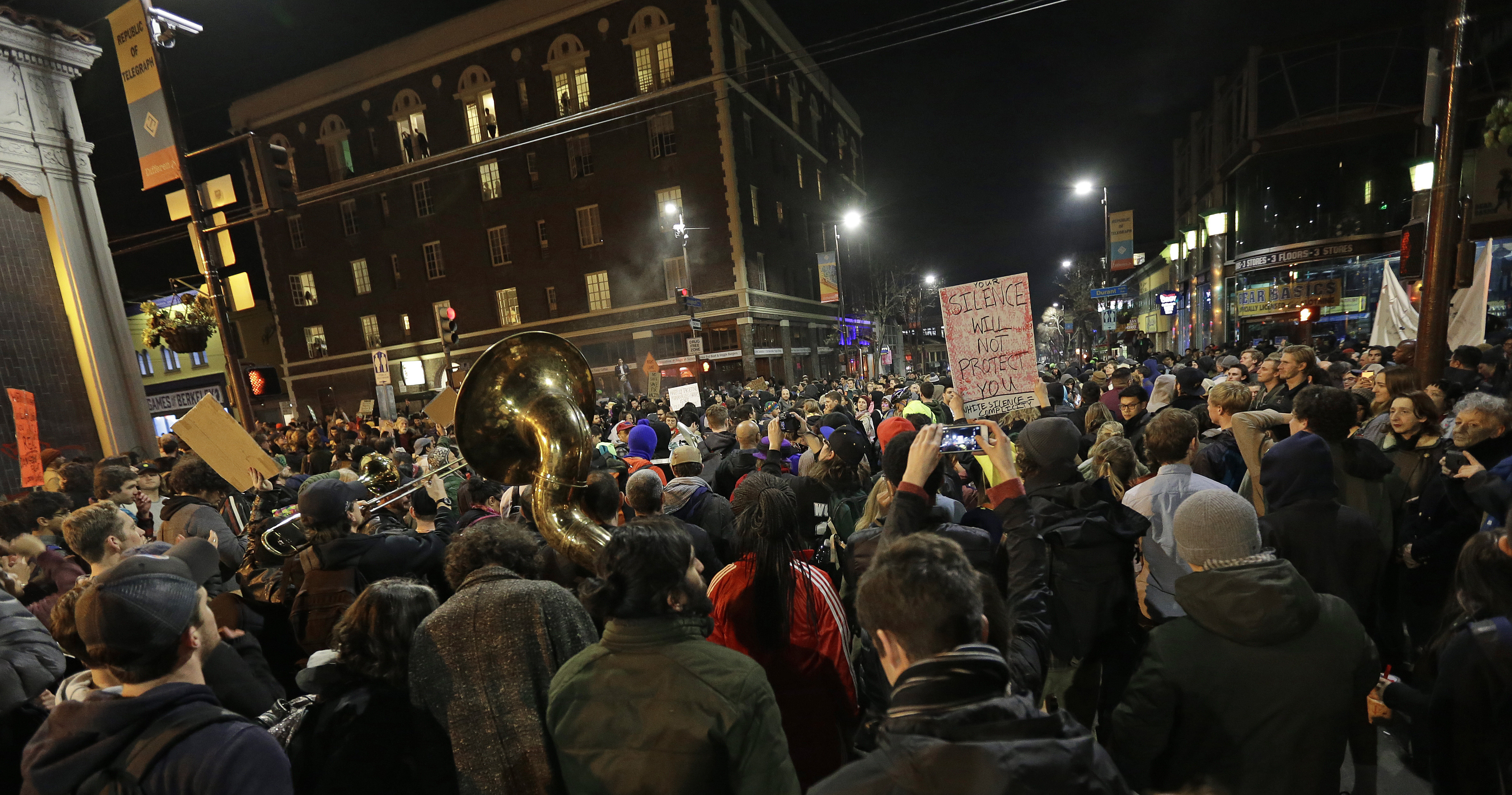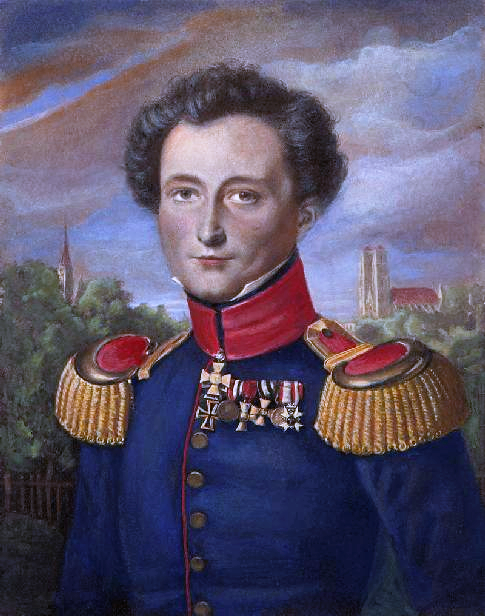
When one thinks of war, one tends to picture the clash of opposing means of force. Whether this be skirmishes in the back alleys of Mogadishu, or the grinding of men and machine in the hellish fields of the Somme, and perhaps more recently, crippling cyber attacks targeting the infrastructure of societies; either way, one tends to picture a battlefield. This then leads many to assume that this is where wars are won or lost. This assumption is wrong. The answer to the question of this article, put simply, is an unequivocal no. Nor has it ever been the case throughout history.
The battlefield, where the physical or virtual fighting takes place, is used as a space to settle the trial of strength – where the means of the participants clash and compete in an attempt to overcome the other. However, this is not what war is truly about. This confusion is illustrated by the two somewhat contradictory definitions of war provided by Clausewitz in On War. Firstly, that ‘war is nothing but a duel on a larger scale’[1]– suggesting that the fighting, the trial of strength, on the battlefield is where war occurs and the outcome determined. He then goes on to define war as, ‘an act of force to compel our enemy to do our will’[2] – this encapsulates the true essence of On War – and indeed of the phenomenon of war itself.
This definition suggests that war is not won by the trial of strength on the battlefield – but by a clash of wills – namely the political wills of the entities in conflict. So, the central question this article will explore is: Is war decided by the trial of strength on the battlefield; or is it primarily a clash of wills – and therefore settled in the political minds of its participants?
As insinuated above, the battlefield is never completely physical. The non-physical, or the moral as Clausewitz refers to it as, plays a significant role. In the modern strategic lexicon, this includes concepts such as information, cyber and psychological operations, which prey on spaces such as social media platforms and the morale of military forces. Such non-kinetic means are always at play in war, and similarly to kinetic means, it acts as a battlefield where conflicting parties seek to disrupt, coerce, or defeat one another’s forces and/or populations. More often than not, the physical and the moral go hand-in-hand in an effort to overcome the enemy. In a physical sense, this is obviated by the concept of decisive battle – such as the Battle of Austerlitz in 1805, where Napoleon’s victory on the battlefield essentially secured the defeat of the Third Coalition. In a non-physical sense, a good example is the 2006 Israel-Hezbollah War, where the advanced information and psychological operations of Hezbollah shattered IDF morale and Israeli domestic support for the war. At face value, it seems these wars were decided on the battlefield – the former on the physical, and the latter on the non-physical. However, one must consider that in both instances, the defeated party retained the means to continue (the Austrians/Russians still had remnants of an army and Israel could well have continued despite the pressure to withdraw). This is a testimony to the fact that although what unfolds on the battlefield may directly lead to the end of a war, the diminished will of the defeated is immutably what ends war.
Building on this, the perception that the clash of wills is the deciding factor of war, is supported by the reality that war is fundamentally underpinned by politics. Politics, a concept which rationalises and organises human activity, is, of course, fundamental to war; a purposeful and organised human activity. It gives war its direction and purpose. From this, one can confidently say that the political will of a party in war is central. Without the will to fight a war, there can be no war; and in contrast, with the will to continue the fight, there will always be war. The examples given in the previous paragraph have addressed the first part of that sentence. For the second, two examples provide an insight into this reality. Firstly, in the Second World War by April 1945 German forces had been depleted and were scattered: the trial of strength had been unambiguously won by the allies. However, the war continued at bitter intensity for over a month – until the Nazi German leadership lost the will to continue and unconditionally surrendered. The second example is the US-led War in Afghanistan. By 2002, Taliban forces had been decimated and its leadership either killed, captured or in exile – it had both physically and non-physically been driven out of Afghanistan. Despite NATO’s overwhelming victory in the trial of strength, the war was far from won. The Taliban returned, and now, two decades on, are firmly back in control of Afghanistan. These two examples are clear demonstrations of the fact that victory in war is not decided on the battlefield, but when one’s political will overcomes the enemy’s.
This article has aimed to highlight the distinction between two critical aspects of war: the trial of strength and the clash of wills. Having done so, it is clear that the trial of strength occurs on the battlefield, and in some cases may seem to be decisive. However, this is always subordinate to the clash of wills – a conceptual space where wars are won or lost within the political minds of its participants.
[1] Carl von Clausewitz, Beatrice Heuser, Michael Howard and Peter Paret, On War (Oxford: Oxford University Press, 2008), p.13.
[2] Ibid.



